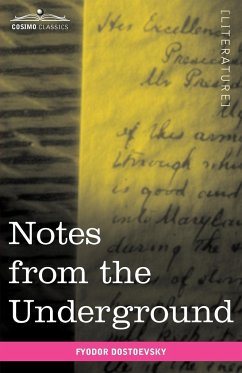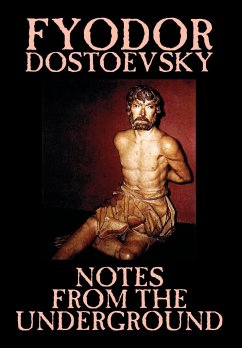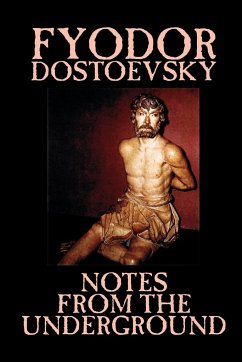A philosophical debate about human nature and life in a technological civilization in the form of the diary of a fictional civil servant, this 1864 novel is considered the foundational work of existentialist literature. Punishing himself through his refusal to seek medical treatment for his pain, the embittered, nameless narrator engages in what appears to be an attempt to prove to himself that human happiness can never be possible because people are too stubbornly individualistic not to assert themselves, even in wicked ways. One of the must-reads from Russian novelist FYODOR MIKHAILOVICH DOSTOEVSKY (1821-1881), this trailblazing work of modern literature offers a vital basis for understanding much of contemporary philosophy and pop culture, from Jean-Paul Sartre and Friedrich Nietzsche to Taxi Driver and American Psycho, all of which have taken inspiration from this extraordinary work.
Hinweis: Dieser Artikel kann nur an eine deutsche Lieferadresse ausgeliefert werden.
Hinweis: Dieser Artikel kann nur an eine deutsche Lieferadresse ausgeliefert werden.








